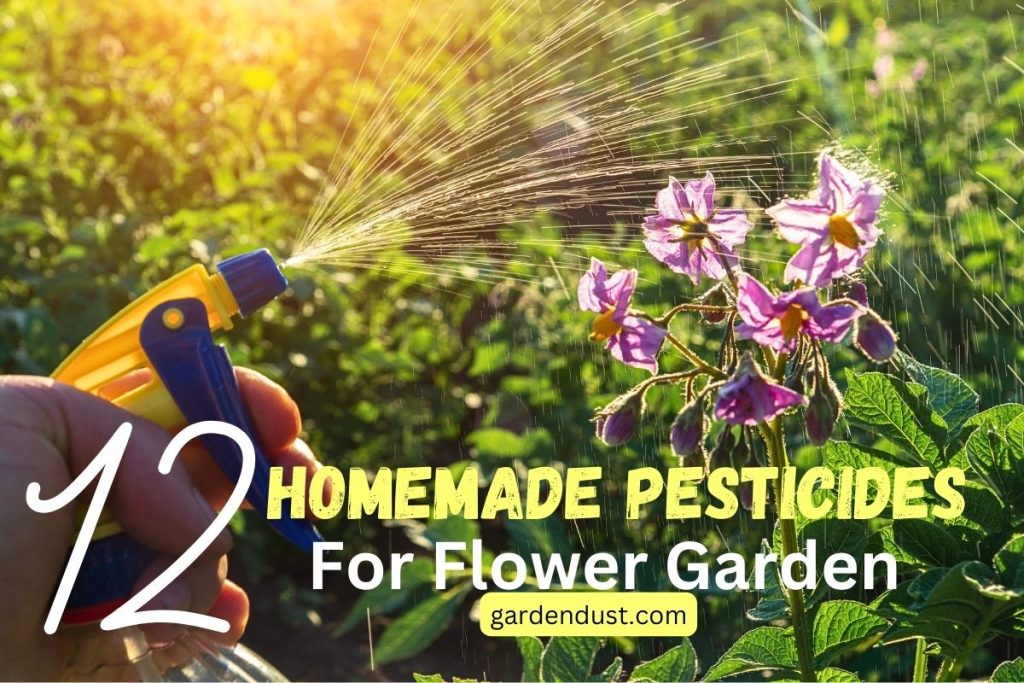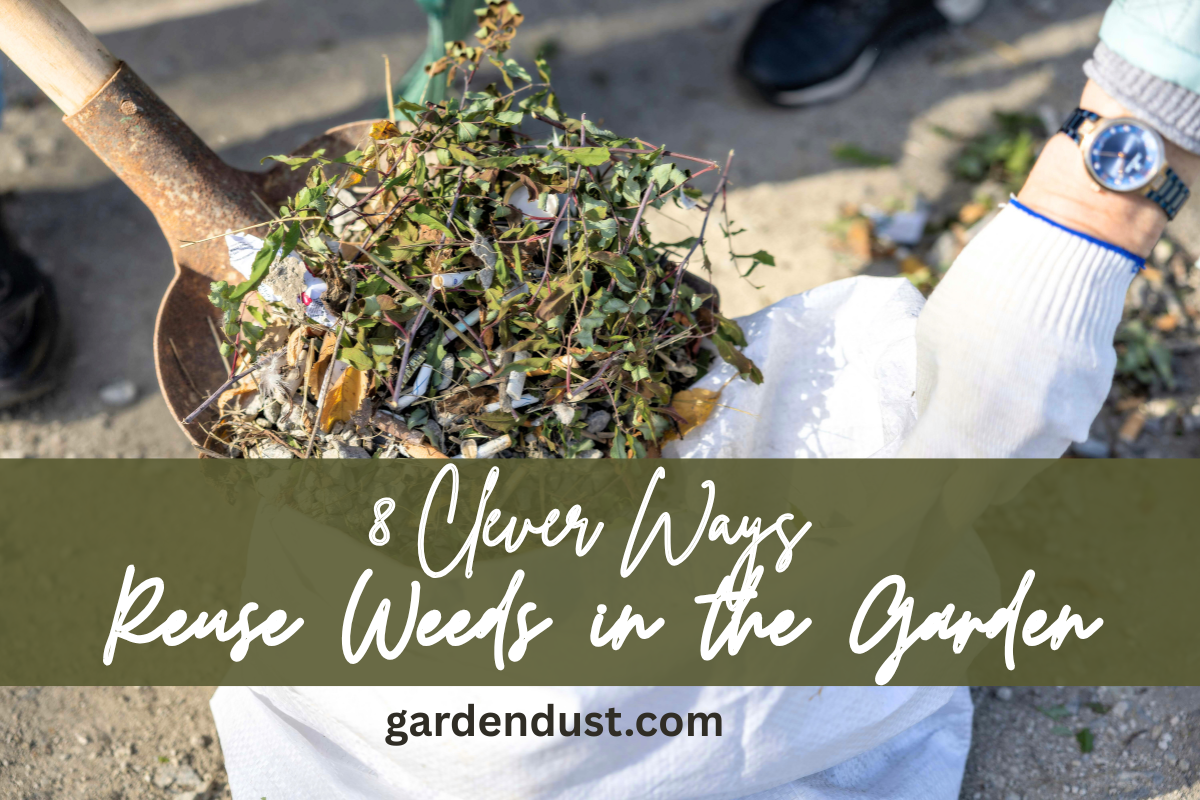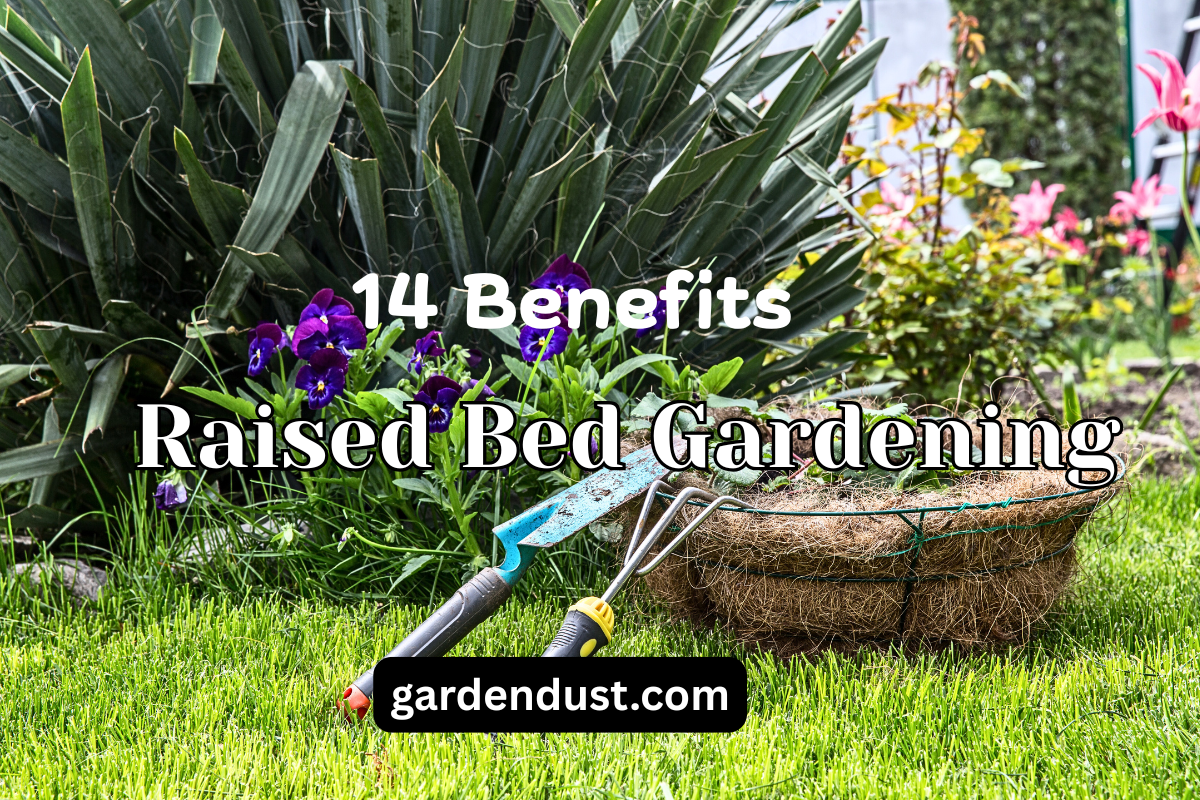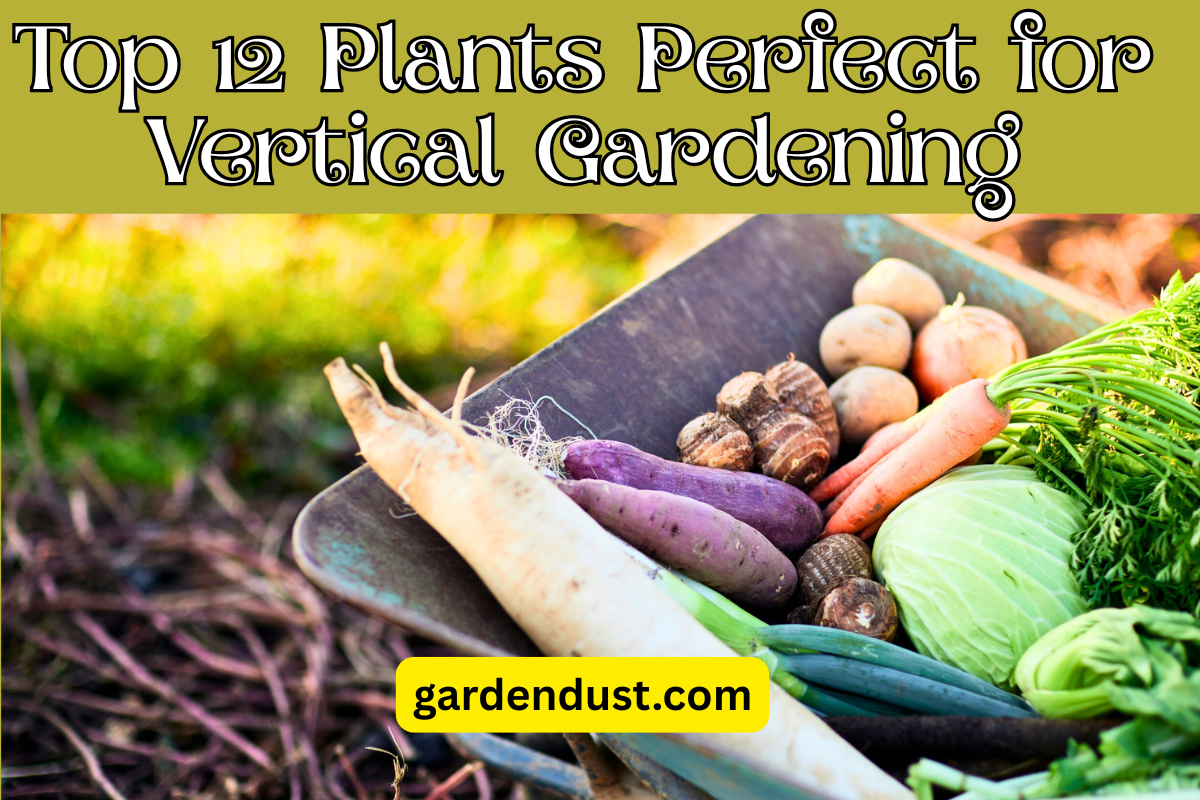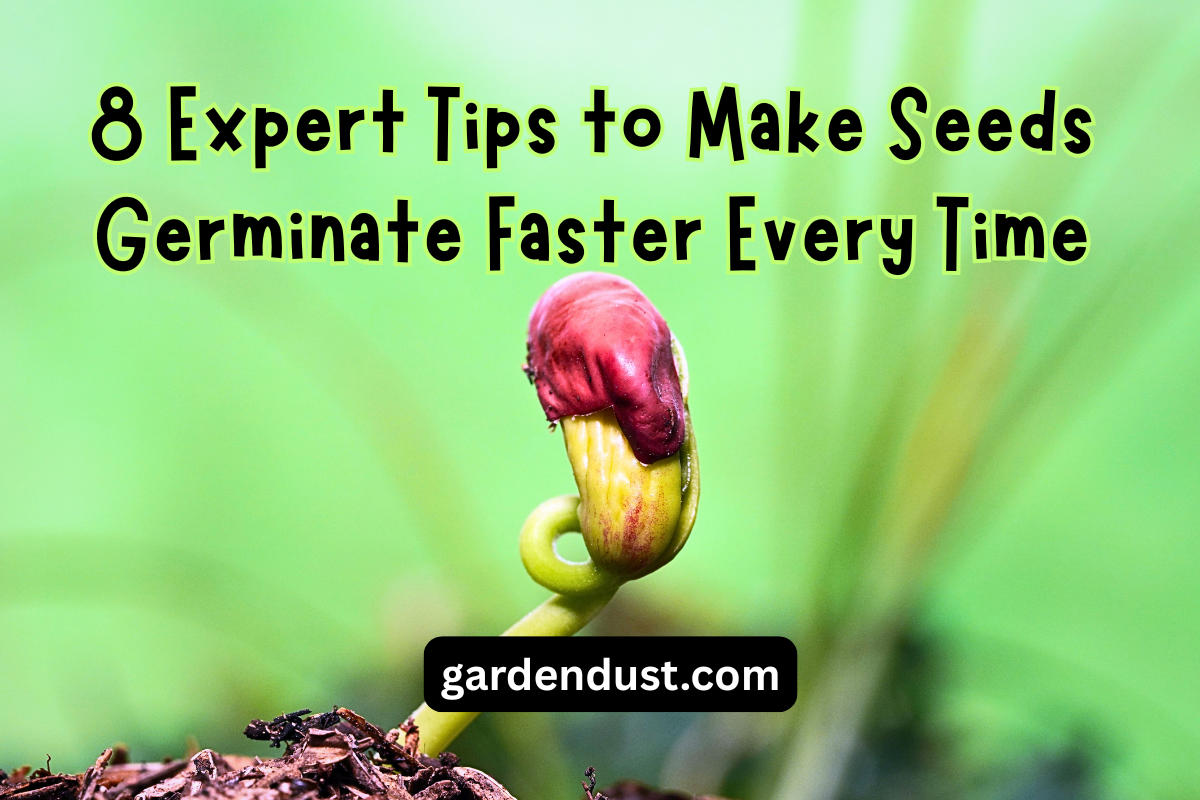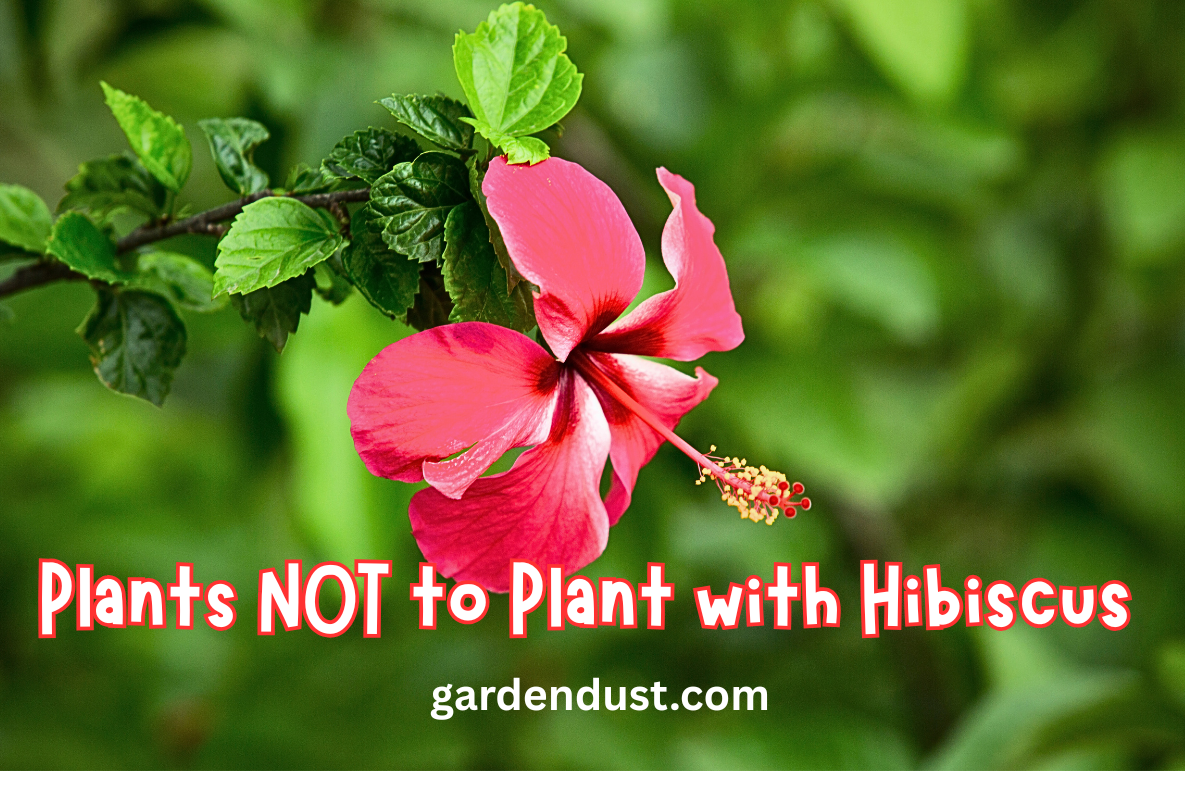Creating a vibrant and healthy flower garden is a gratifying endeavor for many gardening enthusiasts. However, the use of commercial pesticides can be a cause for concern due to their potential harm to the environment and beneficial insects. In this article, we explore the world of homemade pesticides, offering you 12 Homemade Pesticides for Your Flower Garden that is effective and environmentally friendly solutions to protect your flower garden from pests. These homemade concoctions are not only easy to make but also promote a sustainable and natural approach to gardening. Let’s start…
1.Neem Oil Spray
Neem oil, derived from the neem tree, is a powerful natural pesticide with insecticidal, antifungal, and antibacterial properties. To create a neem oil spray, mix two teaspoons of neem oil with a few drops of liquid soap in a gallon of water. Spray this solution on your flowers, focusing on the undersides of leaves, where pests often hide. Neem oil disrupts the life cycle of insects, acting as an effective deterrent against aphids, mites, and whiteflies.
2.Garlic and Pepper Spray
This pungent concoction is a formidable weapon against a variety of pests. To make garlic and pepper spray, blend a bulb of garlic and two hot peppers with a quart of water. Let the mixture steep for 24 hours, strain, and dilute with additional water if needed. Spray the solution on your flowers, targeting pests like aphids, caterpillars, and spider mites. The strong scent of garlic and the spiciness of peppers create an inhospitable environment for unwanted visitors.
3.Tomato Leaf Spray
Tomato plants contain alkaloids that act as a natural defense against pests. To make a tomato leaf spray, steep a handful of tomato leaves in two cups of water for a day. Strain the mixture and add two more cups of water. This solution is effective against aphids and other soft-bodied insects. Spray it on your flowers every few days to keep pests at bay. Tomato leaf spray is a safe alternative that utilizes the plant’s natural compounds to protect your garden.
READ ALSO:-
10 Reason -Use Cinnamon In Your Garden
4.Citrus Oil Spray
Citrus oils, such as those from oranges, lemons, and limes, are effective in deterring pests due to their high concentration of limonene. To make a citrus oil spray, mix one cup of citrus oil with a teaspoon of liquid soap in a gallon of water. This solution is particularly useful against ants, aphids, and fleas. The pleasant aroma of citrus also adds a refreshing scent to your garden while keeping pests away.
5.Eucalyptus Oil Solution
Eucalyptus oil is known for its insect-repelling properties and can be an excellent addition to your homemade pesticide arsenal. Mix one teaspoon of eucalyptus oil with a quart of water and a few drops of liquid soap. This solution is effective against mites, whiteflies, and aphids. Eucalyptus oil not only helps protect your flowers but also provides a fragrant and invigorating atmosphere in your garden.
6.Onion and Soap Spray
Onions, with their strong scent, can act as a natural deterrent against pests. To make an onion and soap spray, blend an onion with a quart of water and add a teaspoon of liquid soap. Let the mixture sit for a few hours, strain, and dilute if necessary. This solution is effective against aphids, caterpillars, and mites. The soap helps the spray adhere to the plants, ensuring better coverage. Regular application can help keep your flower garden free from harmful pests.
7.Chrysanthemum Flower Tea
Chrysanthemum flowers contain pyrethrin, a natural insect repellent commonly used in commercial pesticides. To make chrysanthemum flower tea, steep a handful of dried flowers in hot water for several hours. Strain the mixture and add water as needed. This solution is effective against a wide range of pests, including beetles, fleas, and spider mites. The natural compounds in chrysanthemums disrupt the nervous system of insects, providing a safe and natural defense for your flower garden.
8.Minty Fresh Spray
Mint is not only a fragrant addition to your garden but also a potent insect repellent. To make a minty fresh spray, blend a handful of mint leaves with a quart of water and a teaspoon of liquid soap. Let the mixture steep for a day, strain, and dilute if necessary. This solution is effective against ants, aphids, and cabbage worms. The refreshing scent of mint adds a pleasant aroma to your garden while discouraging unwanted pests.
9.Eggshell Powder Barrier
Eggshells can serve as a natural barrier to pests like snails and slugs. Crush eggshells and sprinkle them around the base of your flowers. The sharp edges of the eggshells deter these soft-bodied pests, preventing them from reaching your plants. Additionally, eggshells add calcium to the soil as they break down, promoting healthy plant growth. This simple and eco-friendly method not only protects your flowers but also recycles kitchen waste.
10.Basil Leaf Spray
Basil, known for its aromatic leaves in the kitchen, also has powerful insect-repelling properties. Create a basil leaf spray by steeping a handful of fresh basil leaves in hot water for a day, then strain and dilute as needed. This solution is effective against mosquitoes, aphids, and tomato hornworms. The natural compounds in basil create an unfriendly environment for pests while adding a delightful fragrance to your garden. Regular application ensures a pest-free haven for your flowers.
11.Rosemary Oil Solution
Rosemary, a fragrant herb commonly found in gardens, can be transformed into a potent homemade pesticide. Mix a few drops of rosemary essential oil with water and a teaspoon of liquid soap. This solution is effective against aphids, spider mites, and cabbage loopers. The aromatic properties of rosemary not only ward off pests but also add a delightful fragrance to your garden. Embrace the power of rosemary to protect your flowers while enhancing the sensory experience in your outdoor space.
12.Diatomaceous Earth Dust
Diatomaceous earth, composed of fossilized diatoms, is a natural and abrasive substance that acts as a physical barrier against pests. Sprinkle diatomaceous earth around the base of your flowers to create a protective dust layer. This method is effective against crawling insects like ants, slugs, and beetles. Diatomaceous earth damages the exoskeleton of insects, leading to their dehydration and eventual demise. This eco-friendly approach provides a long-lasting and natural solution for protecting your flower garden.
Maintaining a healthy and thriving flower garden doesn’t have to involve harmful chemicals. By harnessing the power of nature through homemade pesticides, you can create a vibrant and pest-resistant environment for your beloved flowers. Experiment with these homemade solutions and find the ones that work best for your garden. Not only will you be protecting your plants from pests, but you’ll also be contributing to a more sustainable and eco-friendly approach to gardening. Embrace the beauty of a chemical-free garden and watch your flowers flourish in harmony with nature. Happy Gardening….

